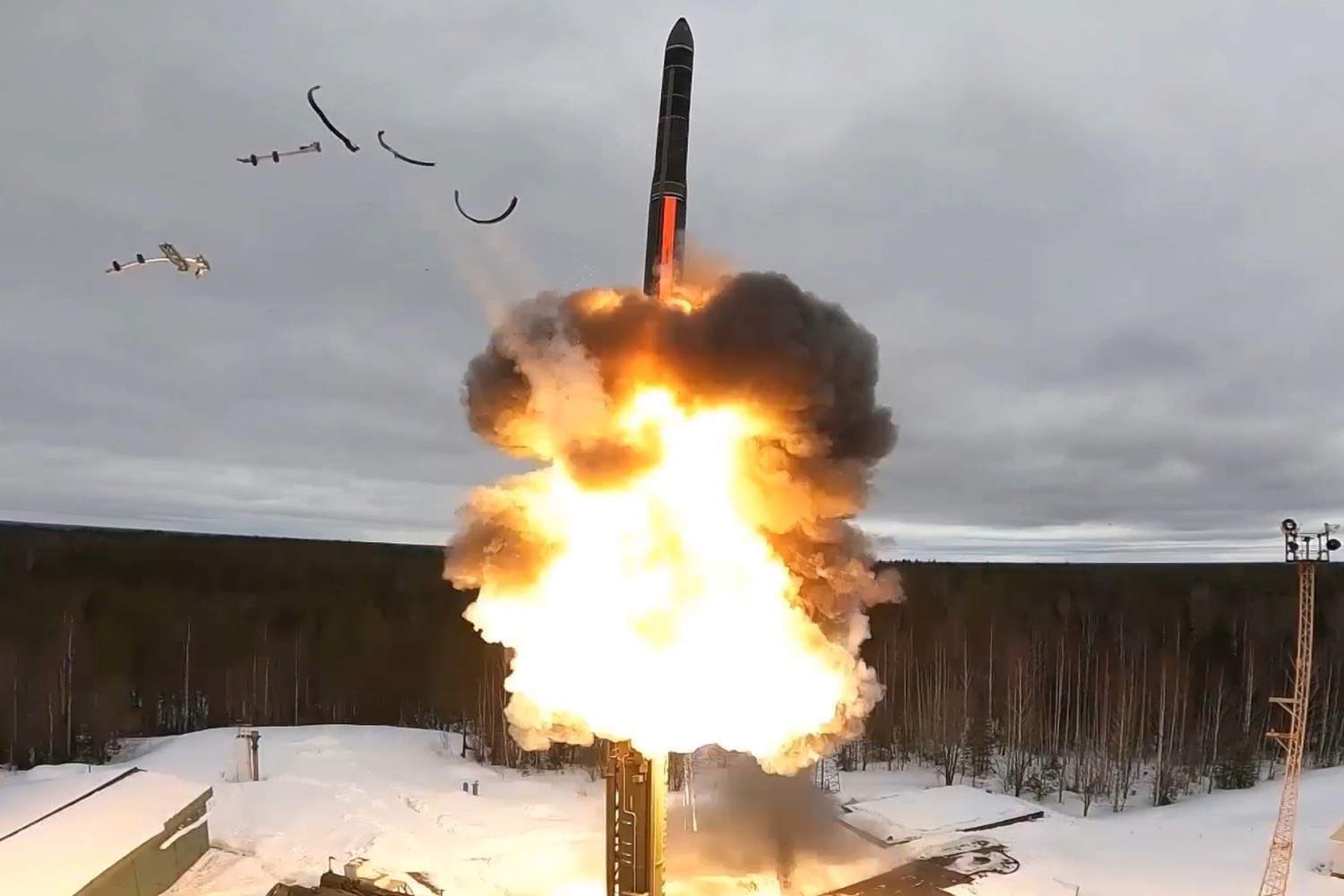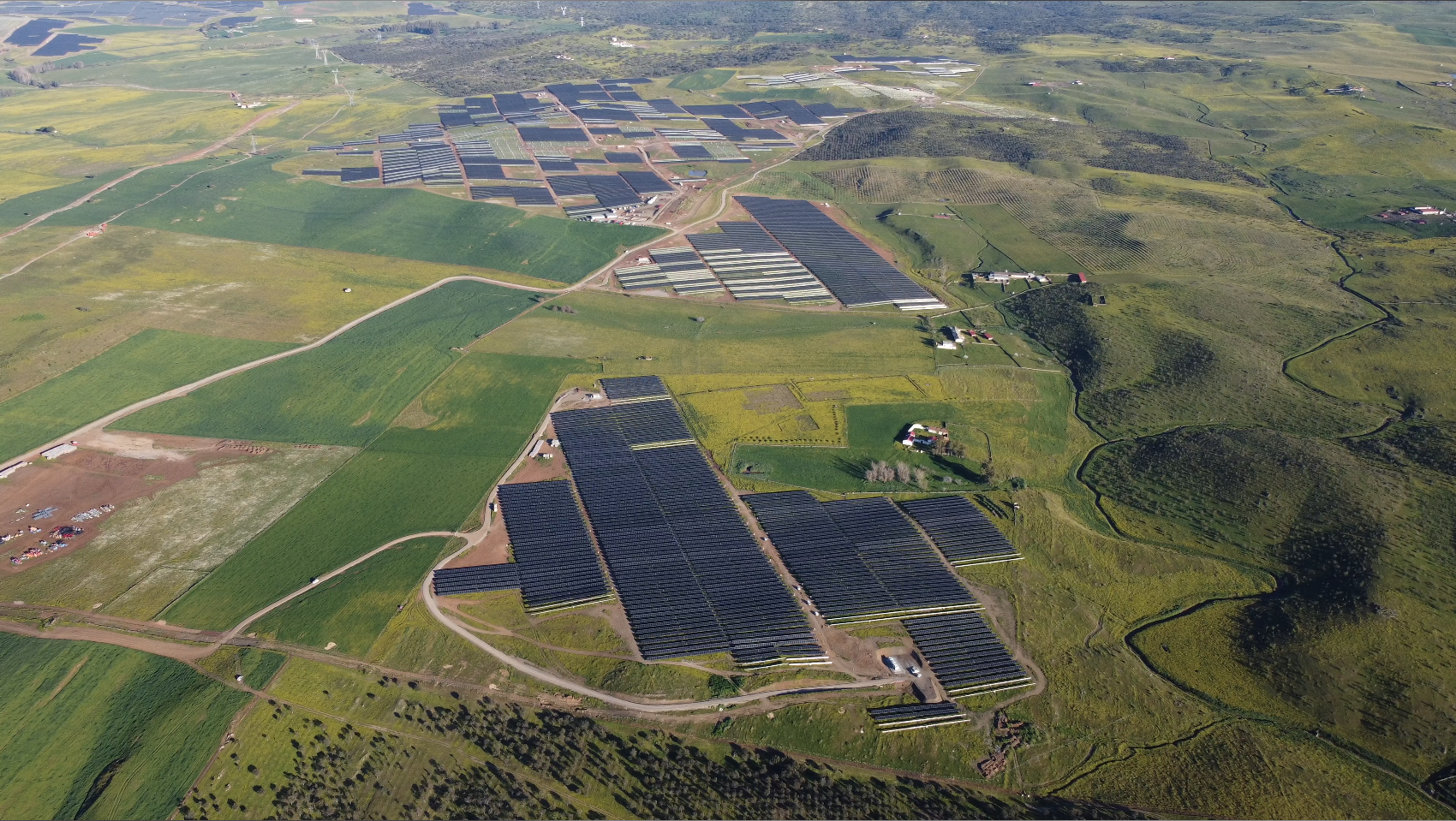The former president of Russia has issued a stark warning to international adversaries following Moscow’s recent decision to abandon a key nuclear arms control agreement. This move signals a significant shift in global security dynamics, reflecting heightened tensions and a departure from longstanding arms control frameworks established during the Cold War and post-Cold War eras.
The treaty in question, widely regarded as a cornerstone of nuclear stability between major powers, had placed limits on the deployment and development of certain classes of nuclear weapons. Its suspension and eventual termination mark a critical escalation in the arms race, raising concerns among global leaders about the potential for renewed strategic rivalry and diminished avenues for diplomatic dialogue.
In his address, the previous leader of Russia highlighted that the Kremlin’s decision to pull back indicates a “changing landscape” in global interactions, marked by an adjustment of military strategies and geopolitical focus. He described this change as a reaction to perceived challenges and hostilities from competing countries, stating that Russia needs to adjust to a transforming security setting to protect its national goals.
This announcement has drawn attention to the broader context of deteriorating relations between Russia and Western countries, marked by mutual accusations of treaty violations, military buildups, and sanctions. The collapse of arms control agreements not only undermines decades of efforts to reduce nuclear risks but also fuels uncertainties about future conflict prevention mechanisms.
Experts warn that without robust arms control frameworks, the risk of miscalculations, misunderstandings, and escalation rises significantly. The absence of transparent verification measures may encourage unchecked development of advanced weapons systems, including hypersonic missiles and tactical nuclear arms, complicating crisis management.
The choice made by the Kremlin demonstrates Moscow’s strategic assessment in the face of intricate security issues, such as NATO’s expansion to the east and evolving partnerships in Eastern Europe and further afield. Russian authorities have expressed worries regarding the treaty’s applicability and equity, contending that it limits their defensive potential while opponents develop technologies not covered by it.
The international community has responded with a mix of condemnation and calls for renewed dialogue. Diplomatic efforts are underway to prevent further unraveling of arms control architecture, with some nations advocating for inclusive negotiations that address emerging threats and new weapon categories.
Meanwhile, defense analysts are closely monitoring Russia’s military posture and technological developments, assessing the implications for regional and global stability. The prospect of a more confrontational security environment has prompted discussions on deterrence strategies, arms modernization, and the role of multilateral institutions.
Esta situación en desarrollo subraya la naturaleza vulnerable del control de armas mundial en una época caracterizada por la competencia geopolítica y los avances tecnológicos. Las declaraciones del ex presidente ruso muestran cómo el discurso de los líderes puede afectar las percepciones y posiblemente determinar la dirección de la seguridad internacional.
As the world navigates this “new reality,” stakeholders face the challenge of balancing national security interests with the urgent need to prevent nuclear escalation. Strengthening communication channels, rebuilding trust, and pursuing arms control adaptations suited to contemporary challenges will be critical to maintaining strategic stability.
The collapse of this nuclear treaty highlights the interrelation of diplomacy, defense strategy, and global law in the oversight of weapons of massive destruction. Additionally, it brings into question the future of worldwide nonproliferation initiatives and the ability of current organizations to manage new challenges.
In the next few months, the spotlight will be on how Russia’s withdrawal from the agreement influences reactions or sparks fresh efforts to decrease conflicts. The circumstances demand balanced reactions and active participation to prevent unforeseen results that might further destabilize an already delicate security environment.
The statements from Russia’s former president and the Kremlin’s policy shift mark a pivotal moment in nuclear arms control history. How the international community responds will play a decisive role in shaping the prospects for peace and security in a rapidly changing world order.




